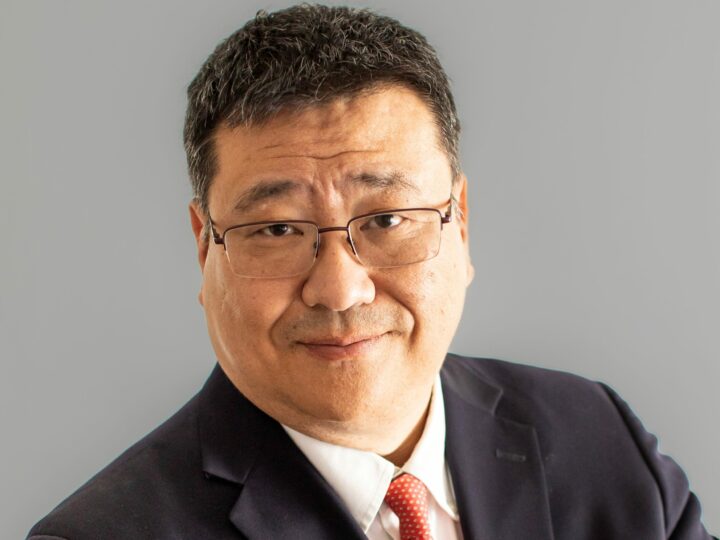
Is Integrative Medicine the same as Functional medicine?
Before the term integrative medicine was popular, we used words like holistic Medicine, Complementary Medicine, Alternative Medicine, and Complementary and Alternative Medicine.
Andrew Weil, MD, who is widely regarded as the pioneer of integrative medicine, popularized the use of the term. The academic medicine community and health systems quickly adopted the term integrative medicine.
Functional medicine was developed by Jeffrey Bland, Ph.D. a biochemist who focused on enhancing the plausibility of biochemical mechanisms, which later exploded to include genetic testing, epigenetics, organic acid testing, and micronutrient testing. Previously most practitioners underwent training through the Institute of Functional Medicine (IFM). Today other programs are taught by graduates of IFM.
Perhaps reflecting the history, integrative medicine is still the preferred term for most academic medicine and health systems, but there are signs of institutions beginning to embrace functional medicine, including Cleveland Clinic.
Integrative Medicine and Functional Medicine share lifestyle medicine (food as medicine and physical activity as medicine) as a commonality.
However, there are some differences in that functional medicine relies more on testing while integrative medicine focuses on mind-body medicine and integration of whole-system healing, such as Chinese Medicine.
In the integrative medicine program being designed at Memorial Hospital, we aim to bring the strengths of both systems.
This approach helps us to investigate the root causes of disease.
For example, micronutrient testing provides us with an objective assessment of a patient’s nutritional status.
For environmental and food allergies, testing is invaluable so that the immune system can be desensitized safely – which can help address the root cause of allergy.
Other tests help to determine the cause of fatigue and lack of sex drive by measuring hormone levels and also provide an opportunity to address a potential deficiency.
In addition, GI labs are invaluable in assessing the functional health of the digestive system.
Most importantly, we treat the whole person – not their labs.
Be Well.
Yoon Hang Kim, MD
Chief Wellness Officer
Memorial Hospital







